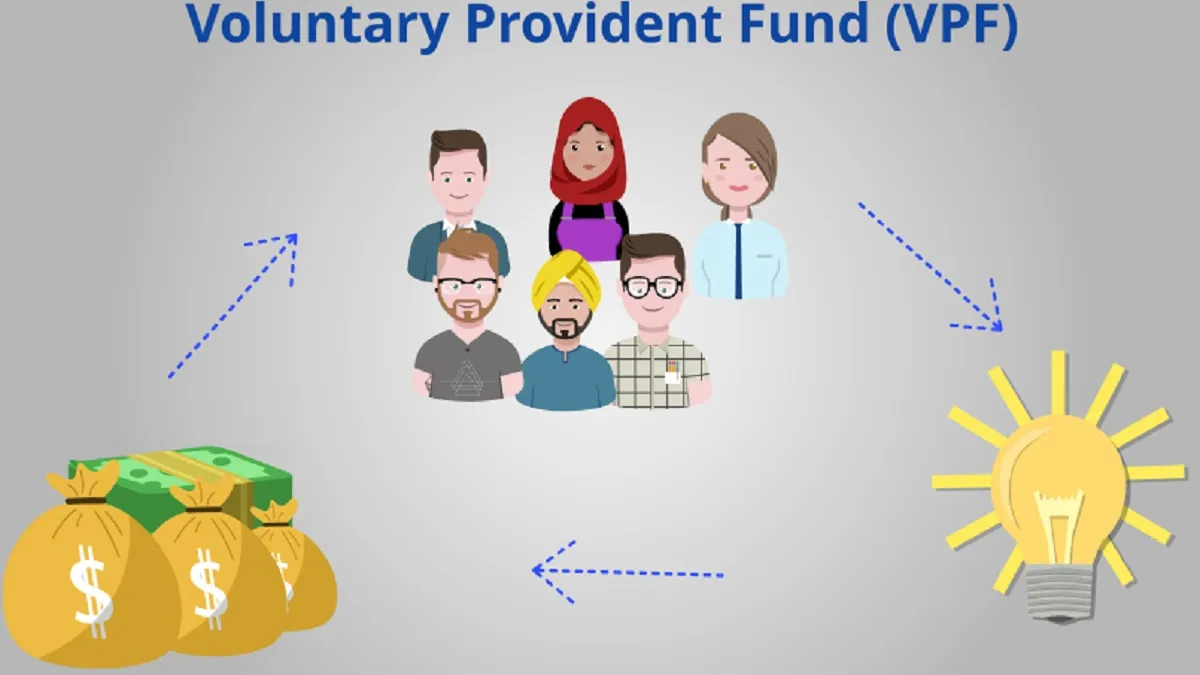

In the realm of personal finance, the adage “A penny saved is a penny earned” holds true, emphasizing the significance of prudent financial planning. One avenue that offers substantial benefits is tax planning, a practice that not only helps in reducing tax liabilities but also contributes to an increase in overall income. The Income Tax Act plays a pivotal role in this process, providing avenues for deductions related to investments, savings, and expenditures incurred by taxpayers in a specific financial year. Let’s delve into six impactful ways to save income tax in the fiscal year 2023-24.
Investing in a home not only fulfills a fundamental need but also unlocks significant tax benefits. Various government-driven initiatives, such as the Pradhan Mantri Awas Yojana (PMAY) and Delhi Development Authority (DDR) Housing Scheme, aim to make housing more accessible in India. Sections 80C and 24(b) of the Income Tax Act play a pivotal role in minimizing monetary liabilities by offering lower tax burdens.
Under Section 80C, the entire annual income spent on repaying the principal borrowed amount is eligible for deductions, with a limit of up to 1.5 lakhs. Simultaneously, Section 24(b) provides tax exemption on the interest portion of a home loan, extending up to Rs 2 lakhs per year. Notably, if the newly purchased home is rented out, the entire interest component becomes exempt from annual income tax computations. Additionally, Section 80EEA provides an additional reduction in annual tax liability for first-time homeowners.
Another avenue for tax savings is investing in health insurance policies. Section 80D allows individuals to claim tax deductions for the portion of their annual taxable income spent on health insurance premium payments. The extent of deductions varies based on the age of the insured, providing flexibility and incentivizing individuals to prioritize their health.
Government-mandated schemes not only offer attractive returns on investments but also provide tax waivers. Section 80C of the Income Tax Act allows individuals to claim deductions of up to Rs 1.5 lakhs on the total annual income spent on such investments. Some noteworthy schemes that qualify for tax exemptions include the Senior Citizen Savings Scheme (SCSS), Sukanya Samriddhi Yojana (SSY), National Pension Scheme (NPS), and Public Provident Fund (PPF).
Life insurance plans offer a dual benefit of financial security and tax savings. Section 80C of the Income Tax Act allows for deductions on premium payments, while Section 10(10D) provides for the sum assured received at maturity or in the event of the insured’s early demise. The extent of tax benefits depends on factors such as the purchase date of the insurance policy.
Section 80C stands as one of the most popular sections for tax-saving options in India. It encompasses a diverse range of investments and expenses for which individuals and Hindu Undivided Families (HUFs) can claim deductions, with a limit of Rs. 1.5 lakhs in a financial year.
Apart from deductions under Section 80C, individuals can explore various other deductions under Section 80 to optimize income tax savings. Some notable options include:
Initiating tax-saving investments at the beginning of the financial year is a strategic approach that can yield long-term benefits. Procrastination until the last quarter often leads to rushed decisions and missed opportunities. By planning early, investments can compound over the year, aligning with long-term financial goals. It’s crucial to view tax-saving as an additional perk rather than the sole objective.
Consider the following steps to plan your tax-saving investments effectively:
Initiating investments in the first quarter of the financial year distributes the investment load, preventing last-minute stress and facilitating well-informed decisions.
In conclusion, strategic tax planning is a powerful tool for enhancing financial well-being. By exploring diverse avenues for tax savings and adopting a proactive approach, individuals can optimize their income, reduce tax liabilities, and work towards achieving their long-term financial objectives. Remember, the goal is not merely to save on taxes but to build a robust financial foundation for a secure and prosperous future.